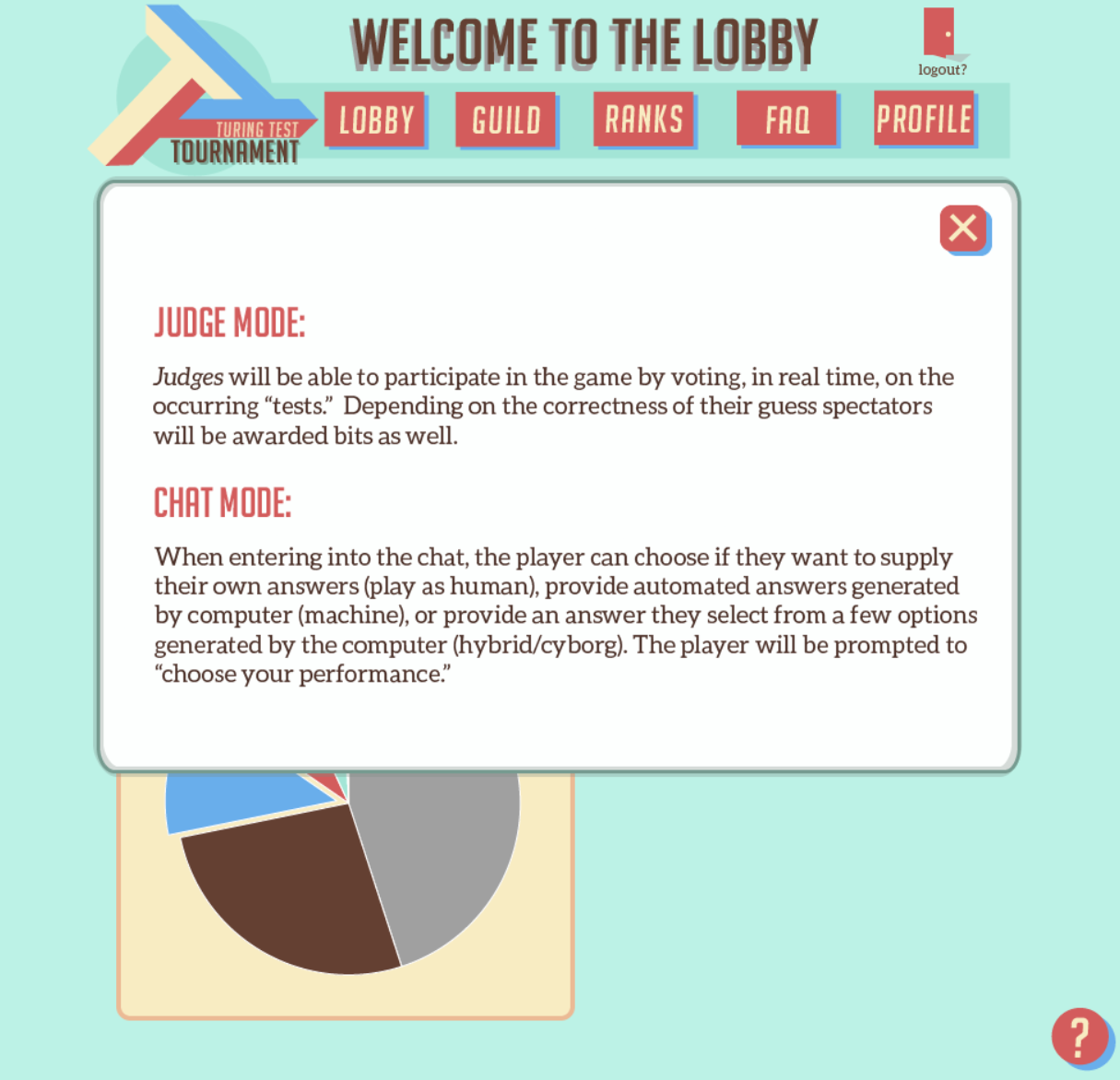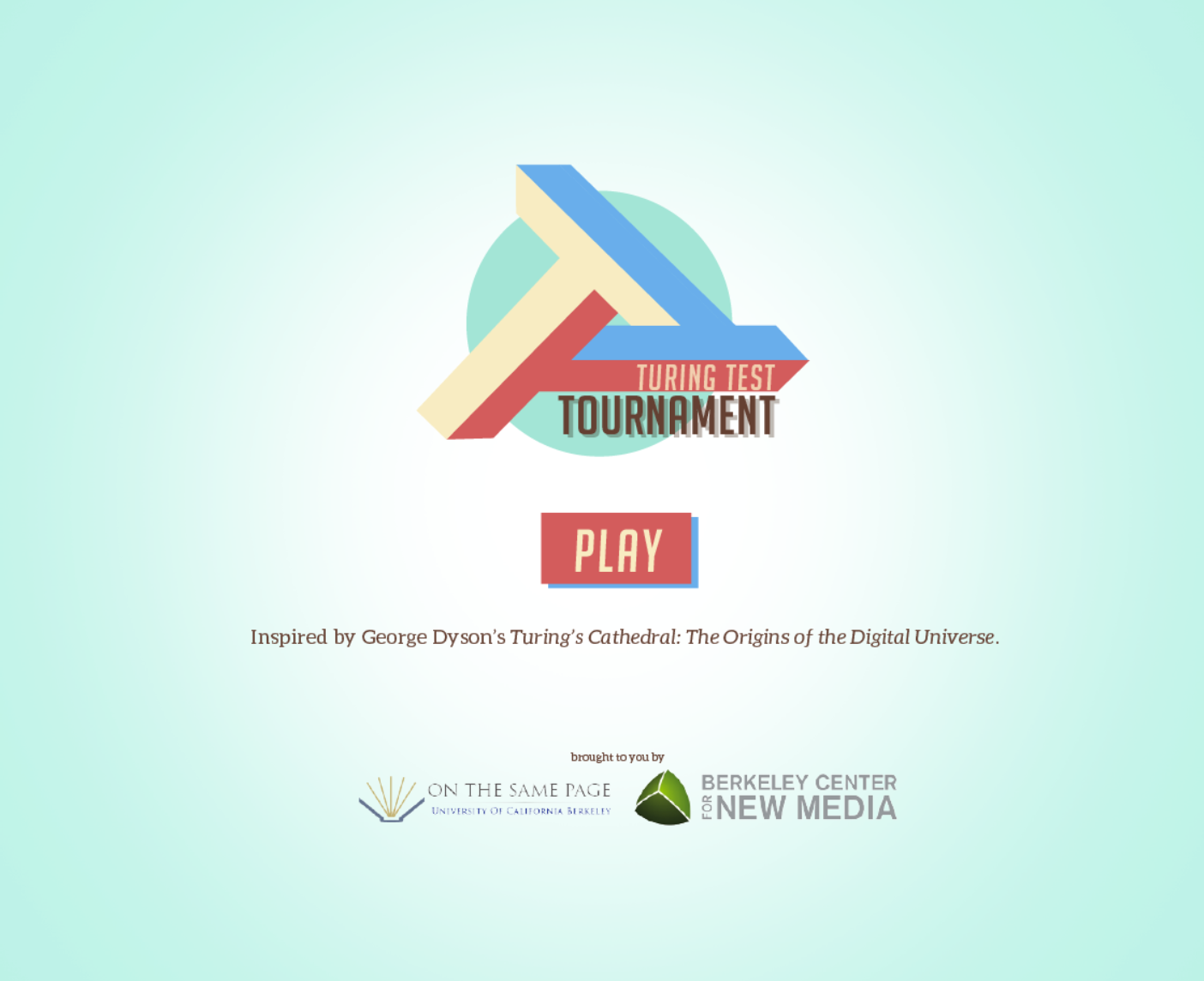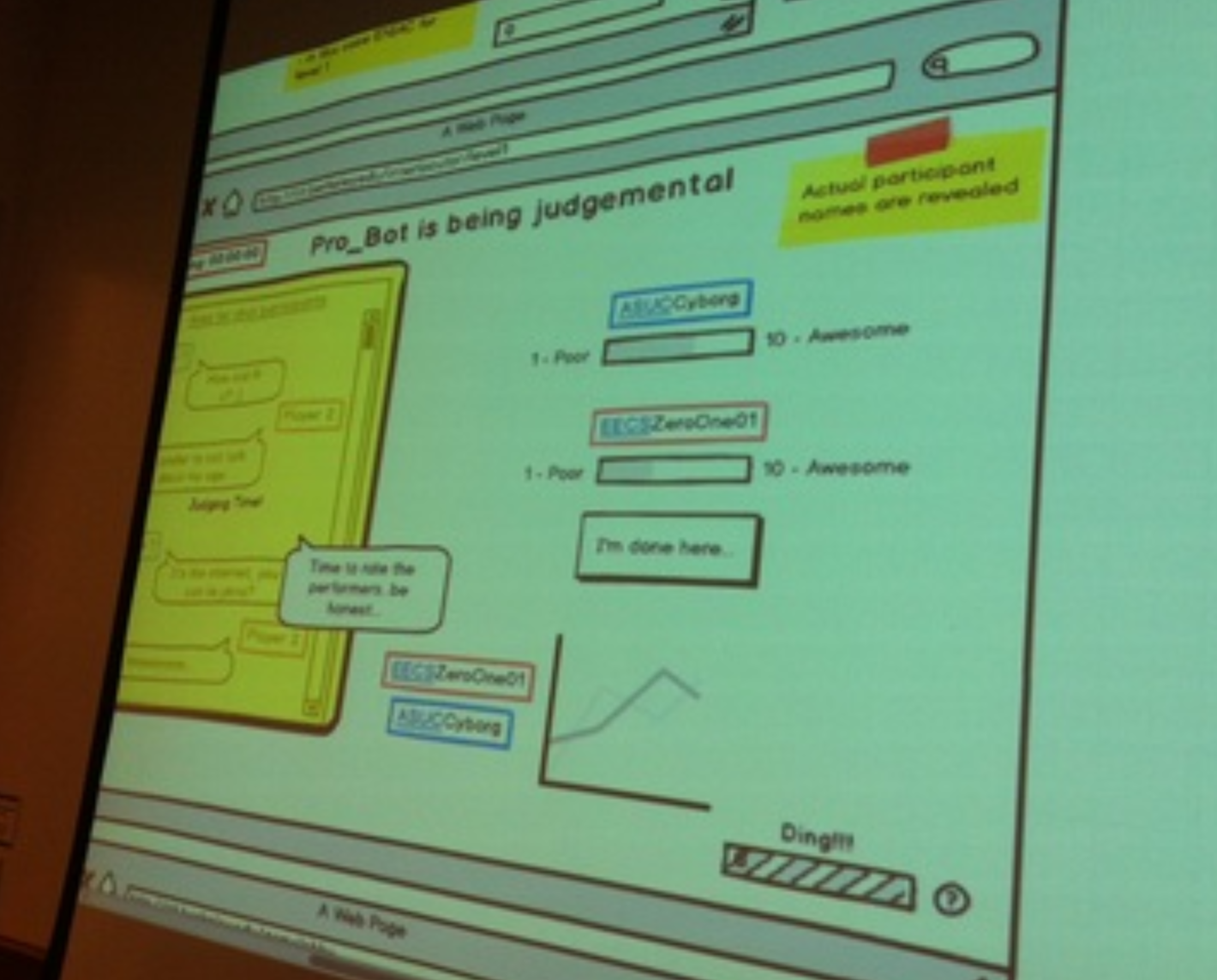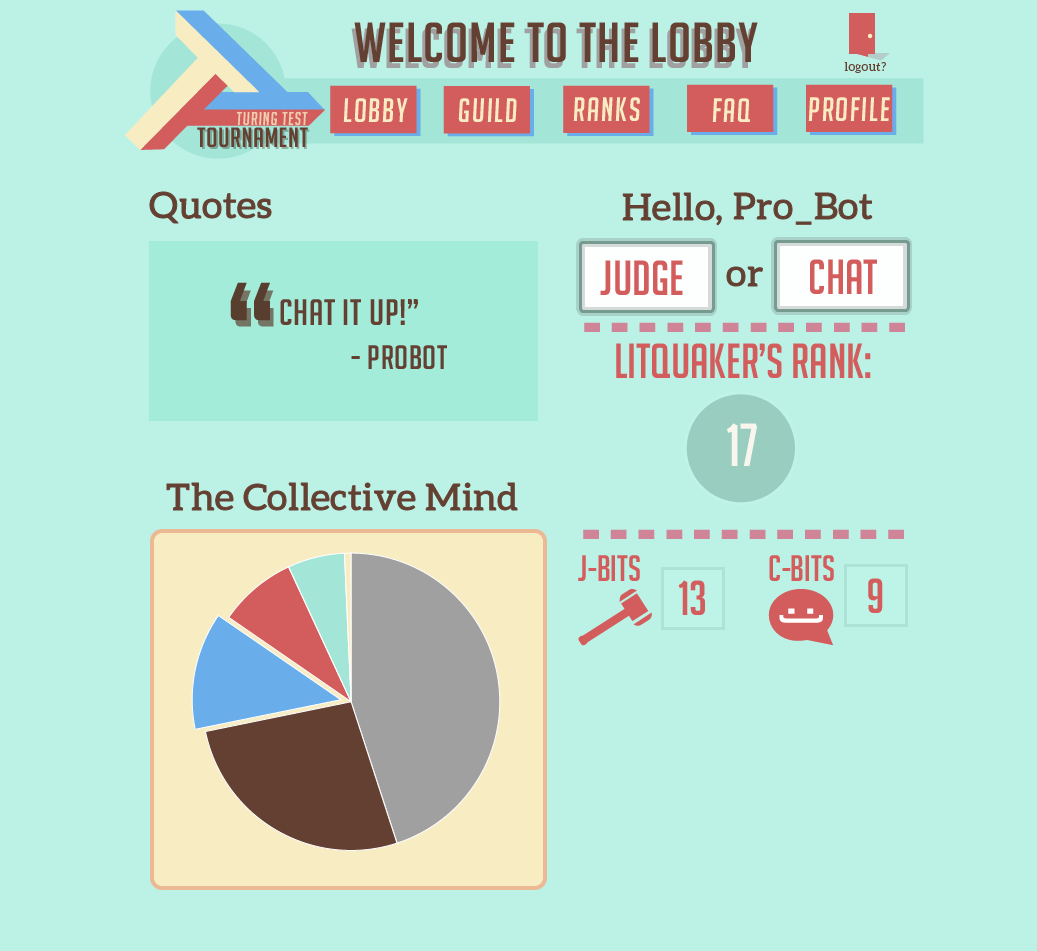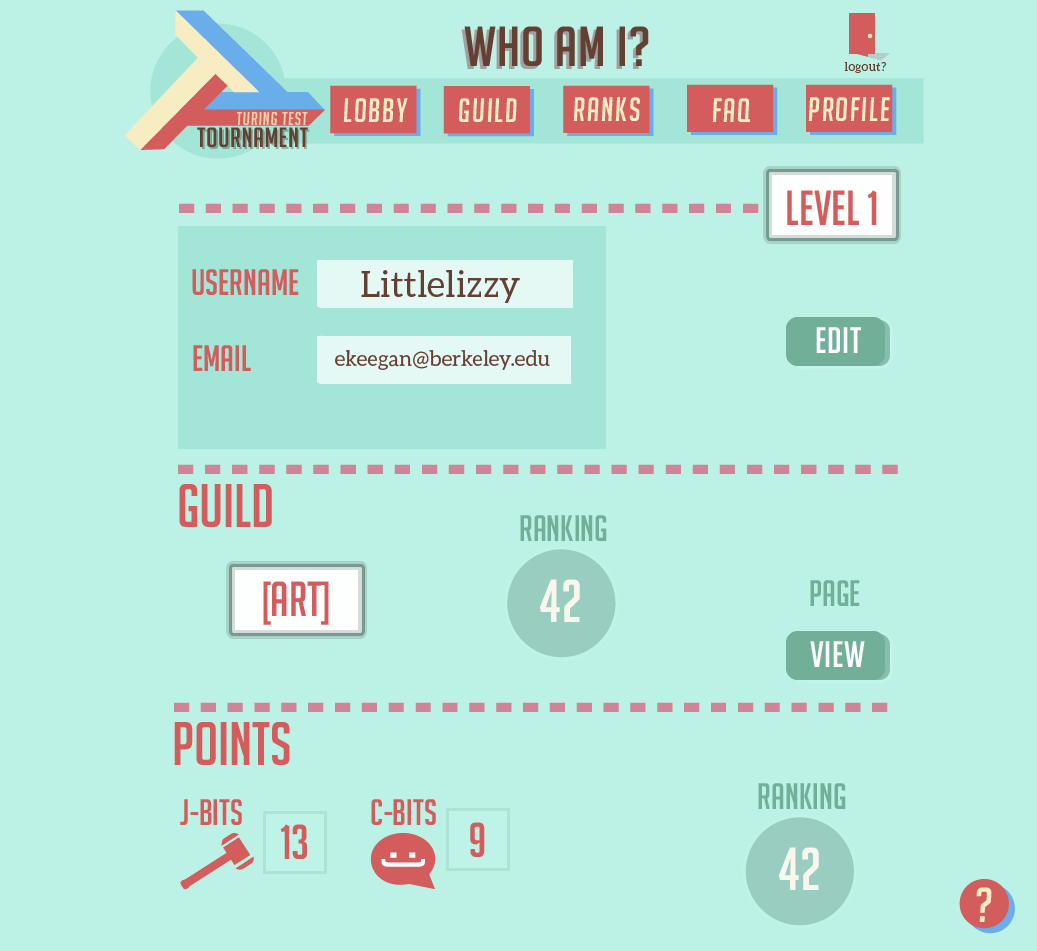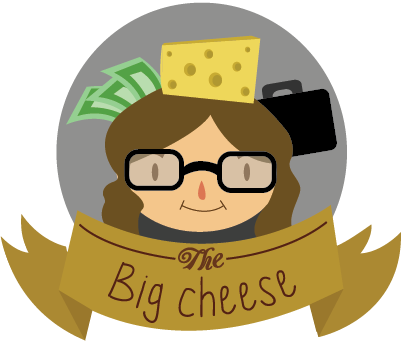Featured Projects
Smokey Scouts
Mobile Game Development | Educational Gaming | Cross-Platform Release
My Key Roles: Lead Faculty, Design Consultant, Unity Developer, Designer
Smokey Scouts is a forest-friendly mobile matching game developed in partnership with the Mid-Atlantic Interstate Forest Fire Protection Compact (MAIFFPC) and USDA Forest Service, marking Smokey Bear's first-ever mobile game appearance. This collaborative project brought together 18 students from CCAD's Illustration, Animation, Game Art & Design, and Comics & Narrative Practice programs to create an engaging educational experience addressing wildfire prevention.
The game features a match-3 puzzle design where players take on the role of aspiring scouts, aiding Smokey Bear and his group of helpful animal scouts in preventing wildfires by removing fire hazards along their hike. Players progress through campsite environments and biomes inspired by national forests and parks across the country, learning fire safety principles while collecting badges and bear tokens as game currency.
This project tackled the critical challenge of wildfire prevention education at a time when humans were the cause of 89% of wildfires in 2021. Successfully launched on both Apple App Store and Google Play as a free download, Smokey Scouts demonstrates the power of combining beloved cultural iconography with modern game design to deliver important public safety messaging to digital-native audiences.
Smokey Scouts is a forest-friendly mobile matching game developed in partnership with the Mid-Atlantic Interstate Forest Fire Protection Compact (MAIFFPC) and USDA Forest Service, marking Smokey Bear's first-ever mobile game appearance. This collaborative project brought together 18 students from CCAD's Illustration, Animation, Game Art & Design, and Comics & Narrative Practice programs to create an engaging educational experience addressing wildfire prevention.
The game features a match-3 puzzle design where players take on the role of aspiring scouts, aiding Smokey Bear and his group of helpful animal scouts in preventing wildfires by removing fire hazards along their hike. Players progress through campsite environments and biomes inspired by national forests and parks across the country, learning fire safety principles while collecting badges and bear tokens as game currency.
This project tackled the critical challenge of wildfire prevention education at a time when humans were the cause of 89% of wildfires in 2021. Successfully launched on both Apple App Store and Google Play as a free download, Smokey Scouts demonstrates the power of combining beloved cultural iconography with modern game design to deliver important public safety messaging to digital-native audiences.
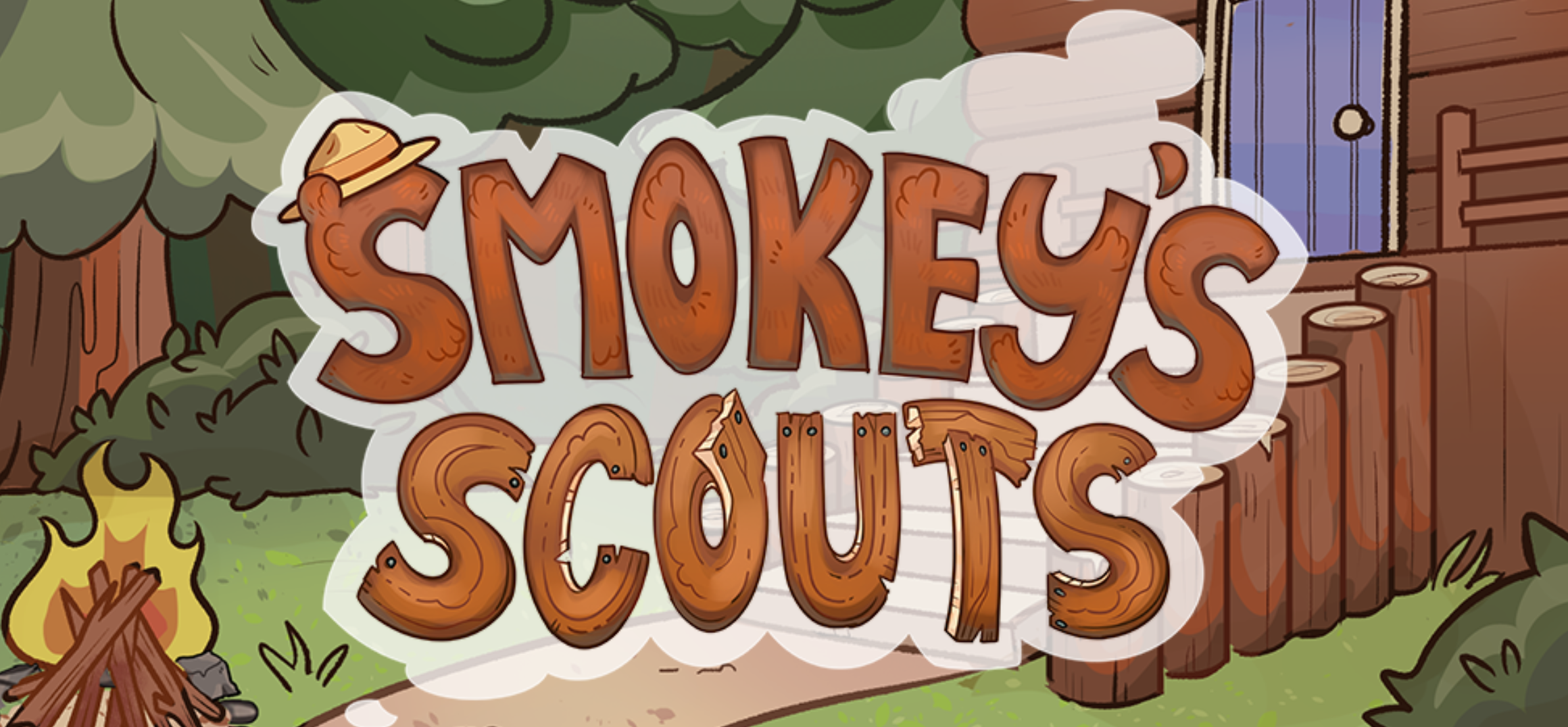

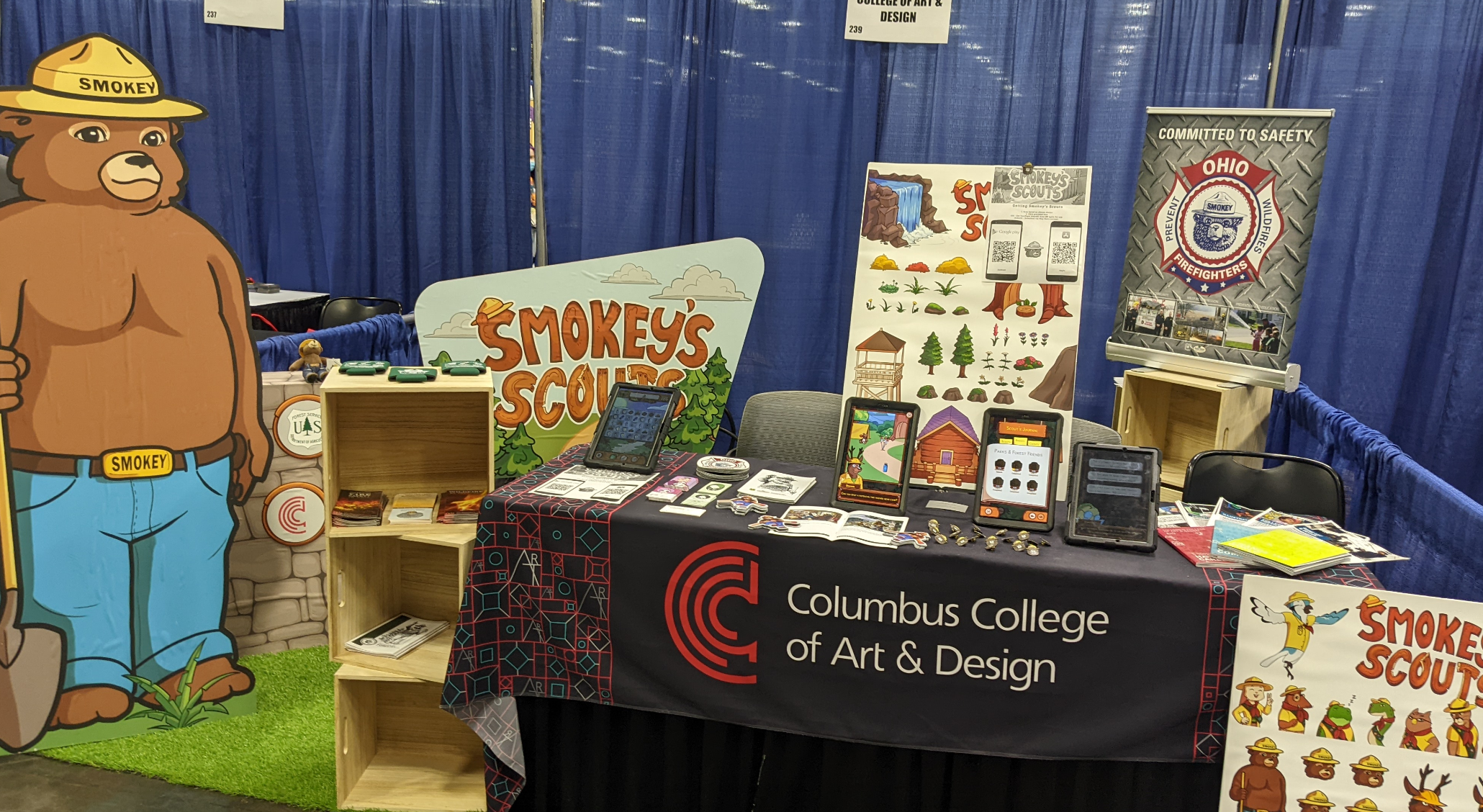
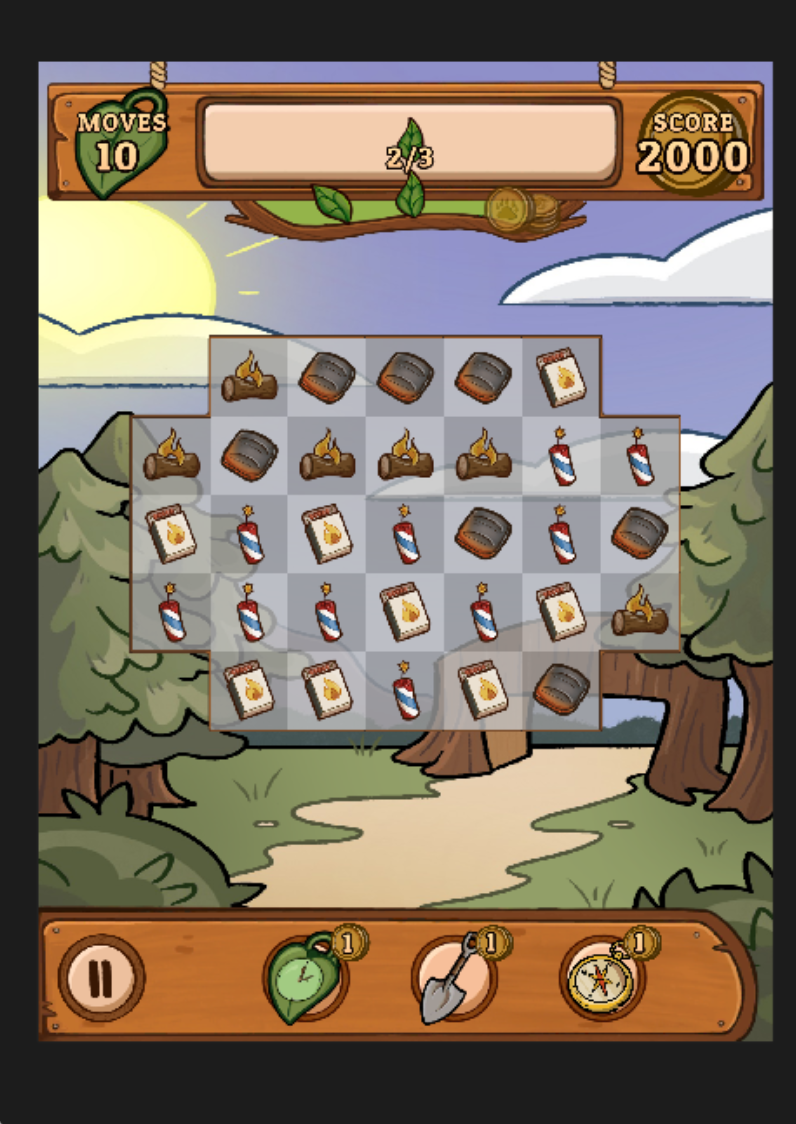
100 Hours Till Launch
Educational Tabletop Game / Social Impact Design Analog Game Design
My Key Roles: Lead Faculty, Co-Designer
100 Hours Till Launch is an educational tabletop game developed to combat "crunch culture" in the gaming industry—the harmful practice of mandatory overtime that often requires developers to work 60-70 hour weeks to meet release deadlines. Created as part of Columbus College of Art & Design's Game Arts Project class and Healthy Creativity initiative, this project addressed a critical industry issue while providing students hands-on experience in game development.
Leading a diverse team of CCAD students, I guided the development of this original tabletop game that uses player choices and outcomes to demonstrate the real consequences of excessive work hours in game development. The game positions players to explore concepts of empathy, respect, inclusivity, and empowerment within studio environments, encouraging reflection on work-life balance and its benefits for designers, developers, and companies alike.
The project was developed in partnership with game content expert Matthew Tarulli from ODAM Publishing, providing students with industry mentorship and professional collaboration experience. This initiative aligned with CCAD's launch of its new Game Art & Design major and the campus-wide philosophy that health and wellness create better artists and designers.
The game was distributed free at major gaming events including the GDEX Gaming Expo and Origins Game Fair, extending its educational impact beyond the classroom. Students gained valuable insights into both game development processes and industry workplace culture, with participants noting the importance of strong teamwork, passionate collaboration, and responsible leadership in creating meaningful change within the gaming industry.
100 Hours Till Launch is an educational tabletop game developed to combat "crunch culture" in the gaming industry—the harmful practice of mandatory overtime that often requires developers to work 60-70 hour weeks to meet release deadlines. Created as part of Columbus College of Art & Design's Game Arts Project class and Healthy Creativity initiative, this project addressed a critical industry issue while providing students hands-on experience in game development.
Leading a diverse team of CCAD students, I guided the development of this original tabletop game that uses player choices and outcomes to demonstrate the real consequences of excessive work hours in game development. The game positions players to explore concepts of empathy, respect, inclusivity, and empowerment within studio environments, encouraging reflection on work-life balance and its benefits for designers, developers, and companies alike.
The project was developed in partnership with game content expert Matthew Tarulli from ODAM Publishing, providing students with industry mentorship and professional collaboration experience. This initiative aligned with CCAD's launch of its new Game Art & Design major and the campus-wide philosophy that health and wellness create better artists and designers.
The game was distributed free at major gaming events including the GDEX Gaming Expo and Origins Game Fair, extending its educational impact beyond the classroom. Students gained valuable insights into both game development processes and industry workplace culture, with participants noting the importance of strong teamwork, passionate collaboration, and responsible leadership in creating meaningful change within the gaming industry.
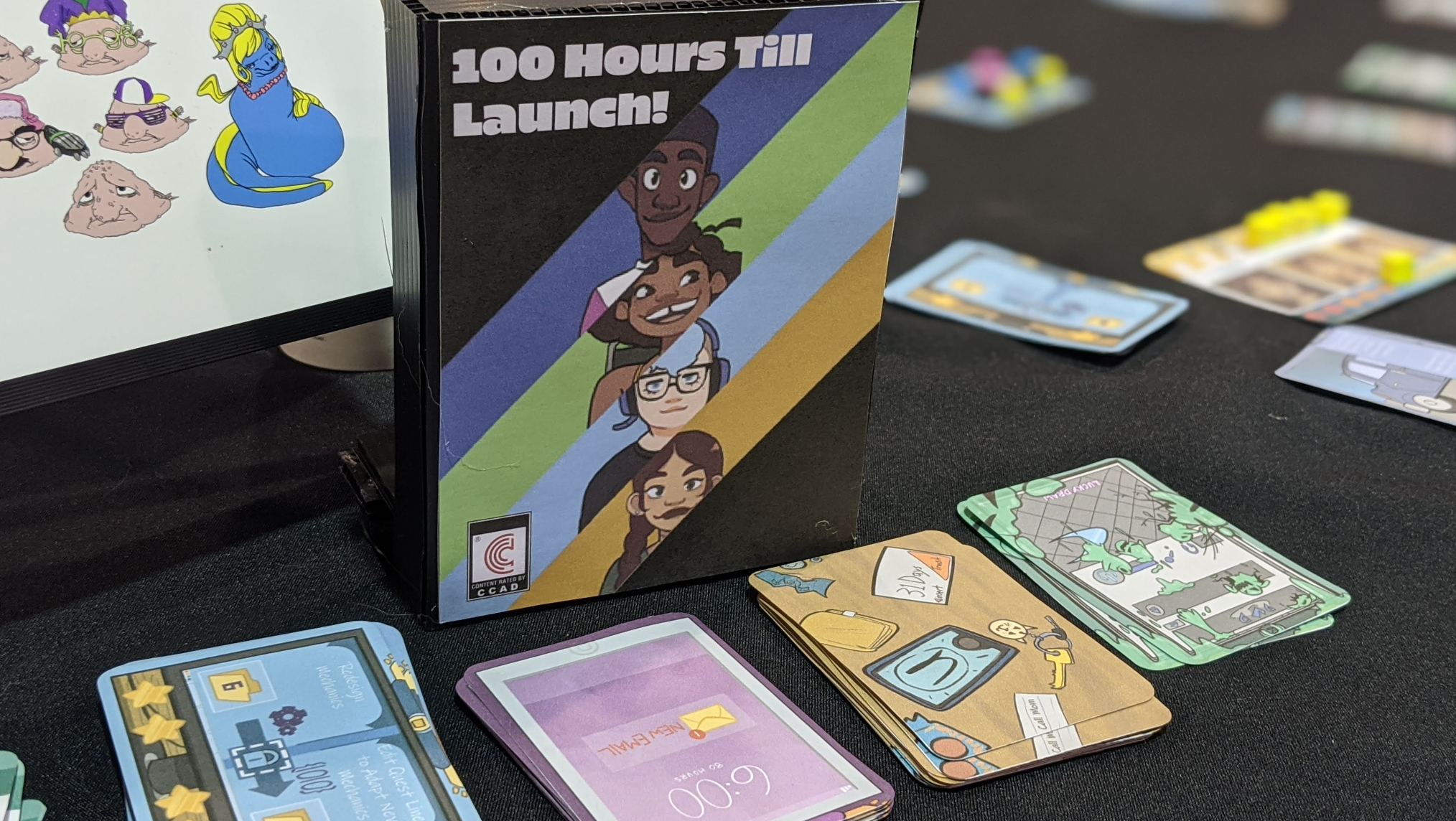

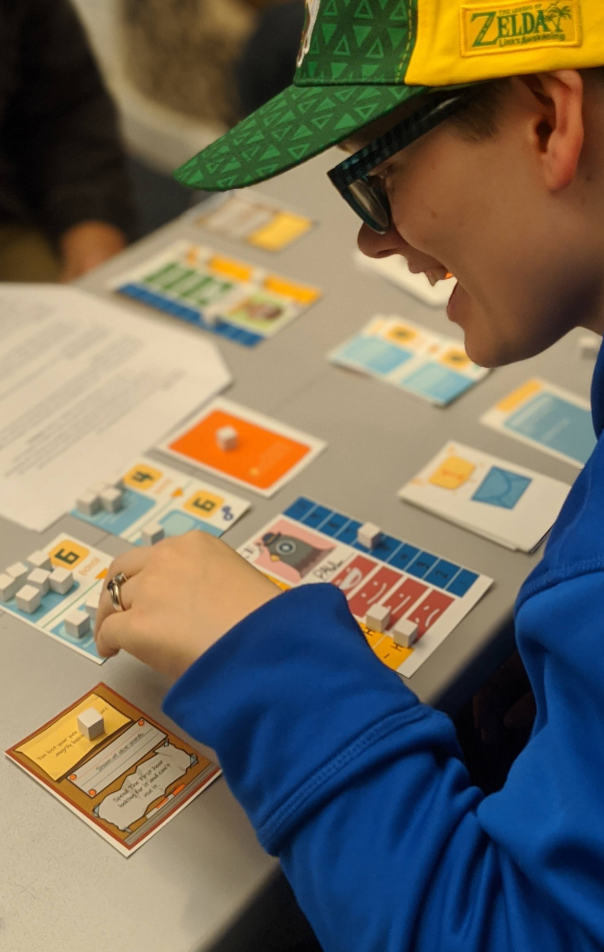
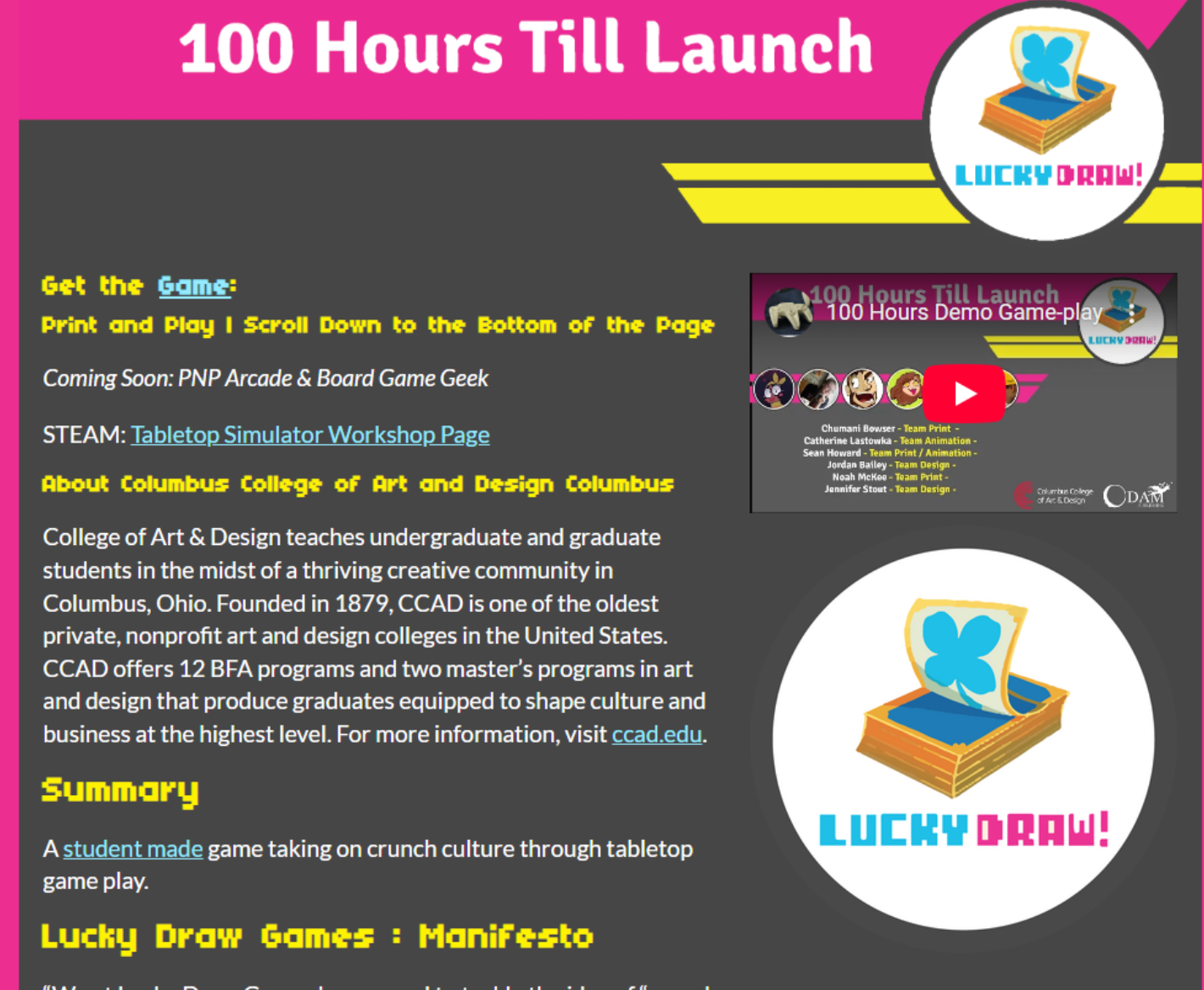
CCAD Virtual Commencement VRChat Experience - Discontinued
Virtual Reality Environment / Educational Platform
My Key Roles: Lead Faculty Coordinator, VRChat Developer, Experience Designer
During the 2020-2021 academic year when COVID-19 forced universities into remote learning, Columbus College of Art & Design created an innovative virtual commencement experience using VRChat to maintain community connection and celebration for graduating students. This project transformed the traditional graduation ceremony into an interactive, explorable virtual environment that captured the essence of campus life in digital form.
Working alongside fellow faculty member Jeremy Baker and leveraging our 3D production expertise, I coordinated the development of a playful digital replica of CCAD's campus and Animation facilities. Students actively contributed to the project by creating props and environmental assets under our guidance, fostering collaborative creation even during physical separation.
Using the VRChat Unity SDK, I assembled these student-created elements into a cohesive virtual world that allowed graduates, families, and faculty to gather safely in a shared digital space. The experience featured interactive elements designed to encourage exploration and engagement, including a popular scavenger hunt that guided visitors through different areas of the virtual campus and virtual cornhole games that provided casual social interaction opportunities.
This project demonstrated how emerging technologies could preserve important institutional traditions and community rituals during unprecedented circumstances. The virtual environment not only served its immediate purpose for commencement but also showcased the creative potential of collaborative virtual world-building as an educational tool, bridging physical and digital learning experiences for art and design students.
During the 2020-2021 academic year when COVID-19 forced universities into remote learning, Columbus College of Art & Design created an innovative virtual commencement experience using VRChat to maintain community connection and celebration for graduating students. This project transformed the traditional graduation ceremony into an interactive, explorable virtual environment that captured the essence of campus life in digital form.
Working alongside fellow faculty member Jeremy Baker and leveraging our 3D production expertise, I coordinated the development of a playful digital replica of CCAD's campus and Animation facilities. Students actively contributed to the project by creating props and environmental assets under our guidance, fostering collaborative creation even during physical separation.
Using the VRChat Unity SDK, I assembled these student-created elements into a cohesive virtual world that allowed graduates, families, and faculty to gather safely in a shared digital space. The experience featured interactive elements designed to encourage exploration and engagement, including a popular scavenger hunt that guided visitors through different areas of the virtual campus and virtual cornhole games that provided casual social interaction opportunities.
This project demonstrated how emerging technologies could preserve important institutional traditions and community rituals during unprecedented circumstances. The virtual environment not only served its immediate purpose for commencement but also showcased the creative potential of collaborative virtual world-building as an educational tool, bridging physical and digital learning experiences for art and design students.
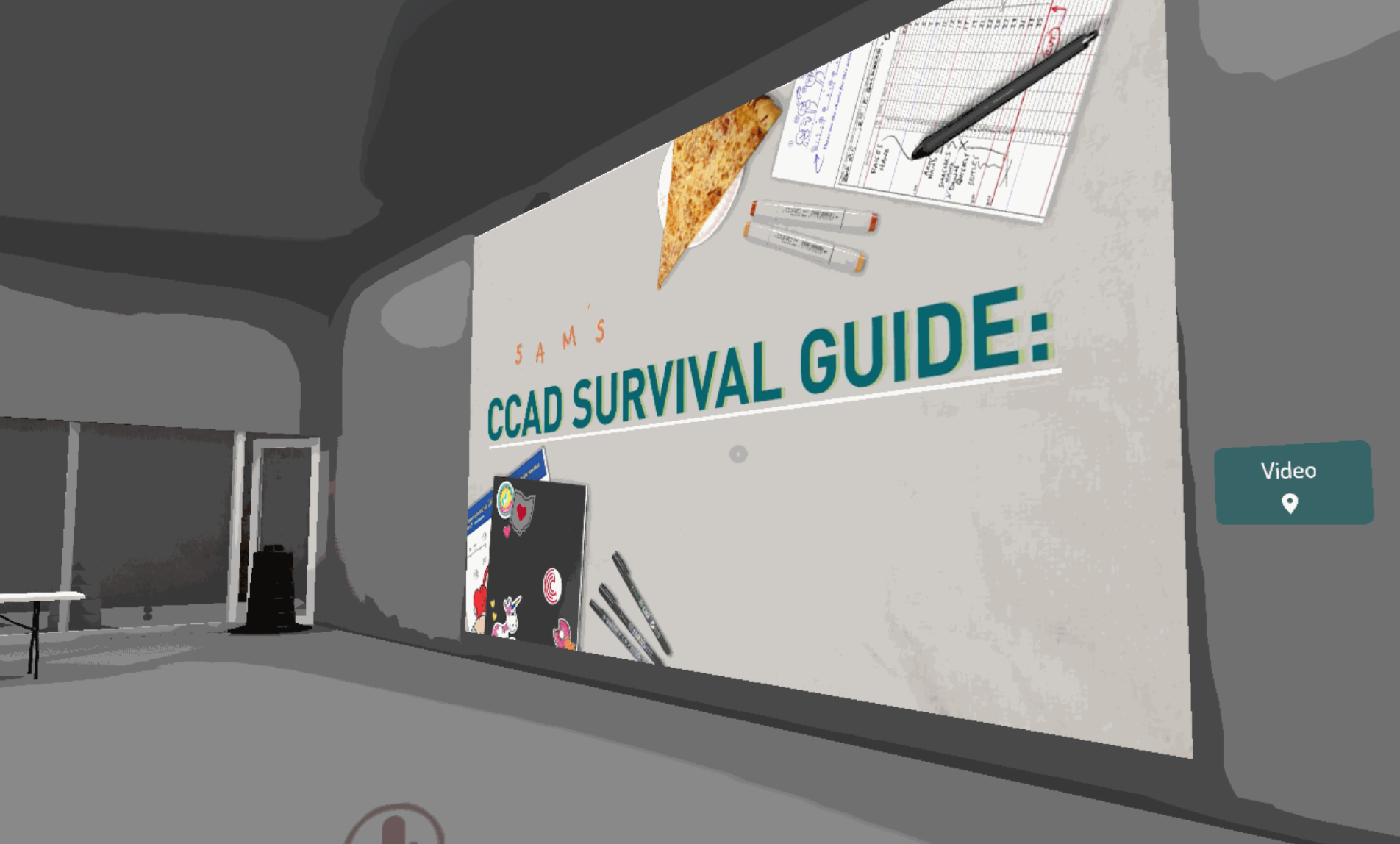

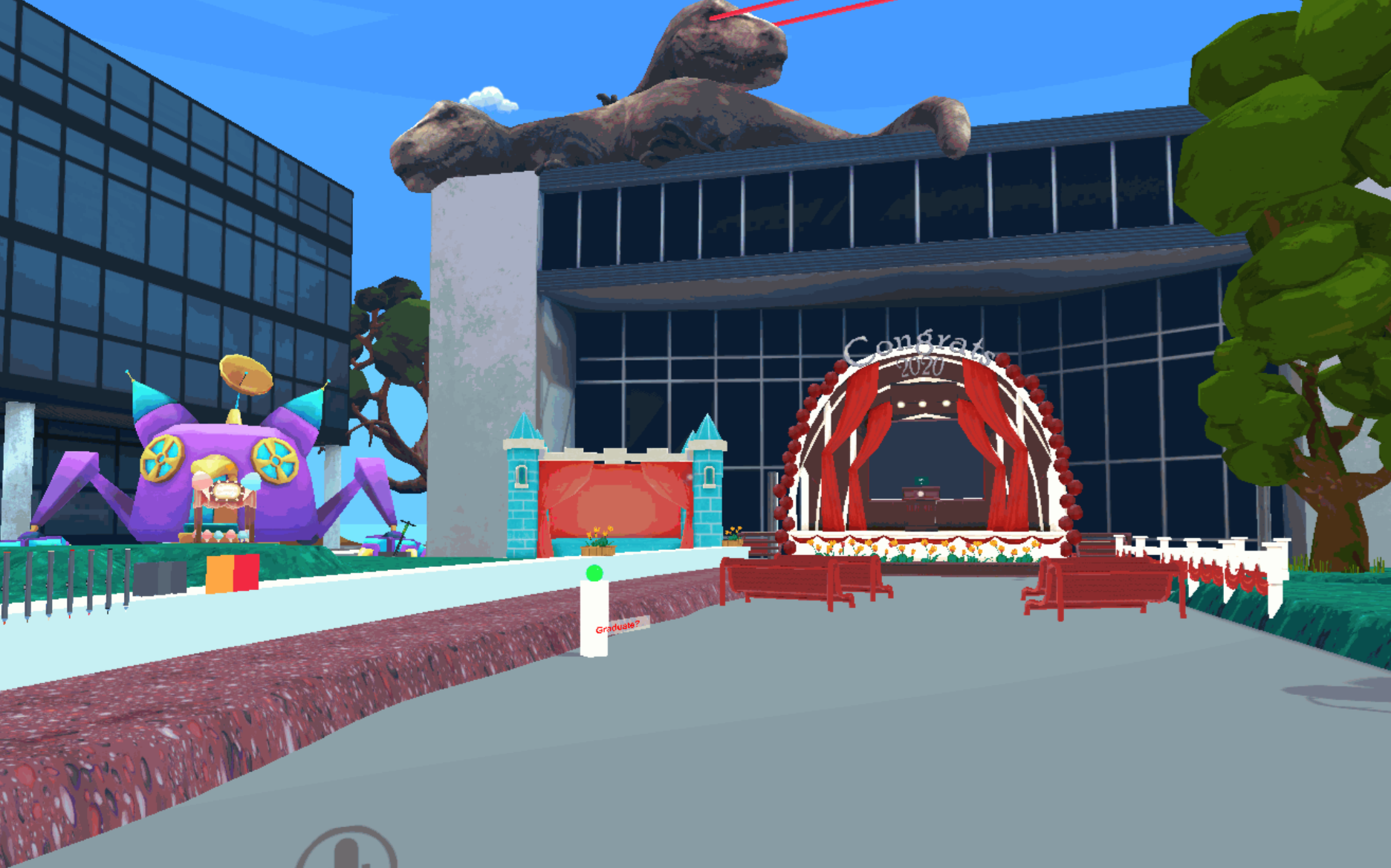
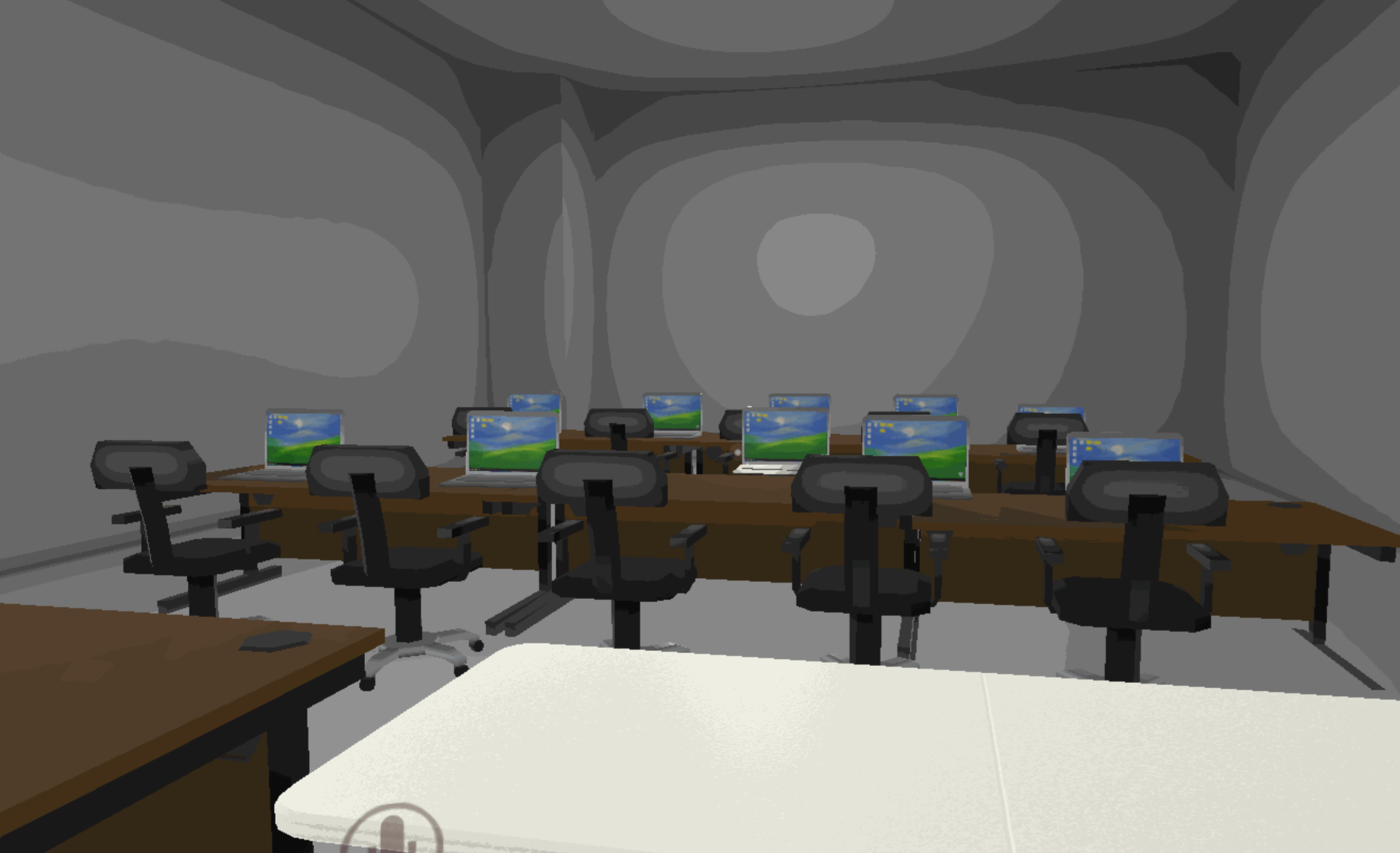
Keeping Tabs: Interactive Holocaust Memorial
Virtual Reality Experience / Educational
My Key Roles: Lead Faculty, Remote Collaborator, Experience Designer
The "Keeping Tabs" project transforms a physical Holocaust memorial into an immersive digital experience that extends its reach and educational impact globally. Working in collaboration with Notre Dame College, Community Day School (Pittsburgh), CMU Entertainment Technology Center, IRL Labs, and 360 Alley, this initiative creates a virtual reality tour of the Gary and Nancy Tuckfelt Keeping Tabs Holocaust Sculpture.
The original memorial, located at Community Day School, takes the form of a Star of David constructed from glass blocks filled with aluminum pop tabs. Each tab represents a human life lost during the Holocaust, with CDS students collecting and counting every piece to create this powerful physical reminder of the six million lives lost.
Our team developed an interactive VR experience using SocialVR, a browser-based authoring platform from CMU spinoff IRL Labs, to make this memorial accessible to visitors worldwide. The digital experience goes beyond documenting the sculpture itself—it captures Holocaust survivor testimonies and creates educational dialogues around contemporary social justice issues including racism, anti-Semitism, Islamophobia, and immigration.
This cross-institutional collaboration brought together middle school students from CDS with undergraduate game design students from Notre Dame College through the IGNITE experiential learning program. The project demonstrates how emerging technologies can preserve historical memory while fostering meaningful conversations about tolerance and human rights for new generations.
The "Keeping Tabs" project transforms a physical Holocaust memorial into an immersive digital experience that extends its reach and educational impact globally. Working in collaboration with Notre Dame College, Community Day School (Pittsburgh), CMU Entertainment Technology Center, IRL Labs, and 360 Alley, this initiative creates a virtual reality tour of the Gary and Nancy Tuckfelt Keeping Tabs Holocaust Sculpture.
The original memorial, located at Community Day School, takes the form of a Star of David constructed from glass blocks filled with aluminum pop tabs. Each tab represents a human life lost during the Holocaust, with CDS students collecting and counting every piece to create this powerful physical reminder of the six million lives lost.
Our team developed an interactive VR experience using SocialVR, a browser-based authoring platform from CMU spinoff IRL Labs, to make this memorial accessible to visitors worldwide. The digital experience goes beyond documenting the sculpture itself—it captures Holocaust survivor testimonies and creates educational dialogues around contemporary social justice issues including racism, anti-Semitism, Islamophobia, and immigration.
This cross-institutional collaboration brought together middle school students from CDS with undergraduate game design students from Notre Dame College through the IGNITE experiential learning program. The project demonstrates how emerging technologies can preserve historical memory while fostering meaningful conversations about tolerance and human rights for new generations.
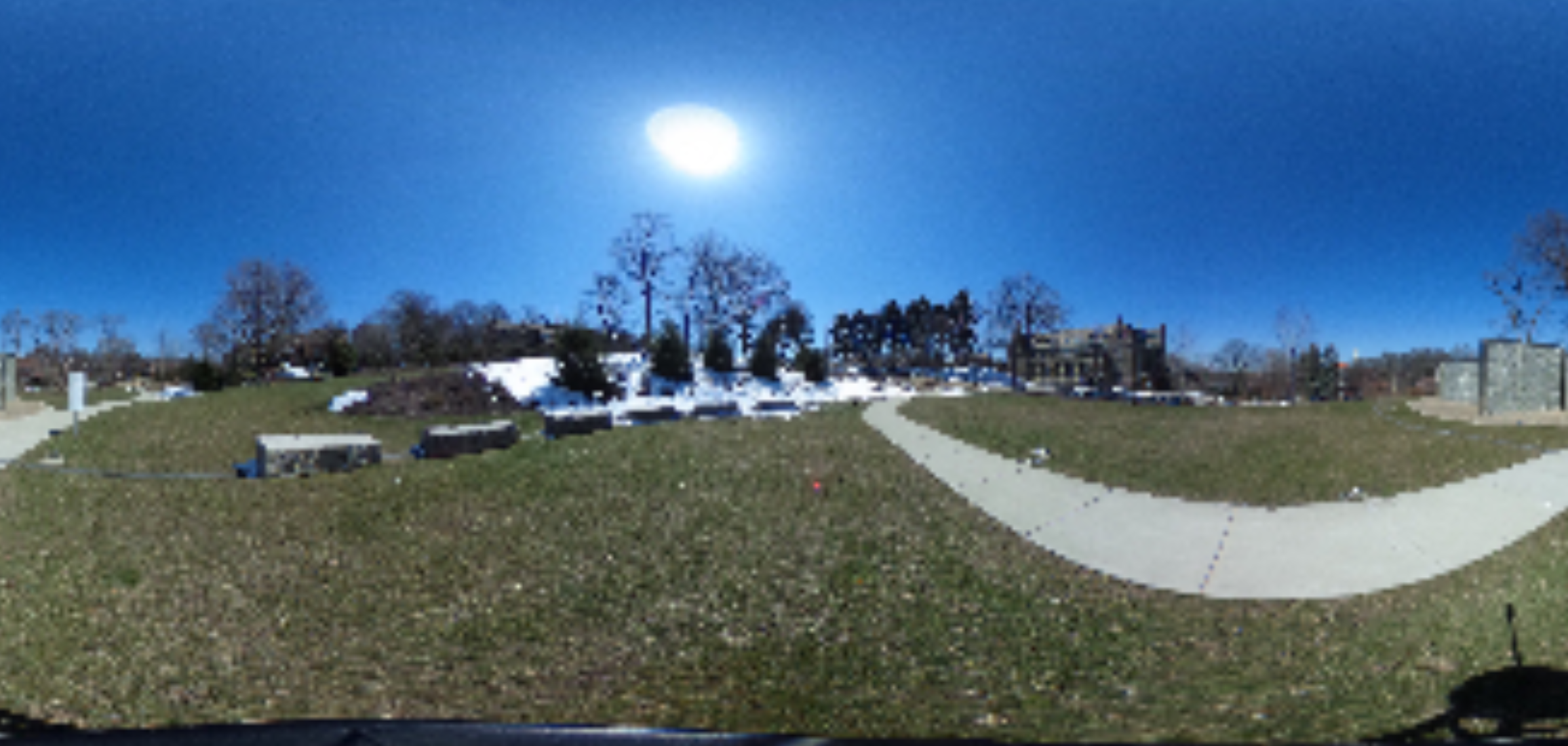

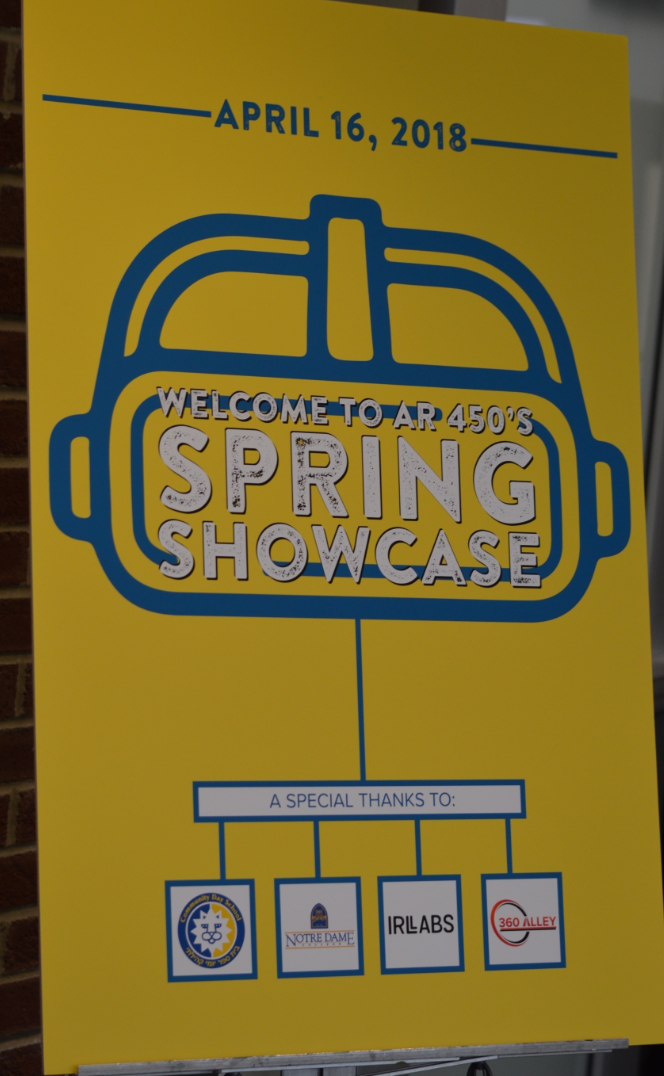
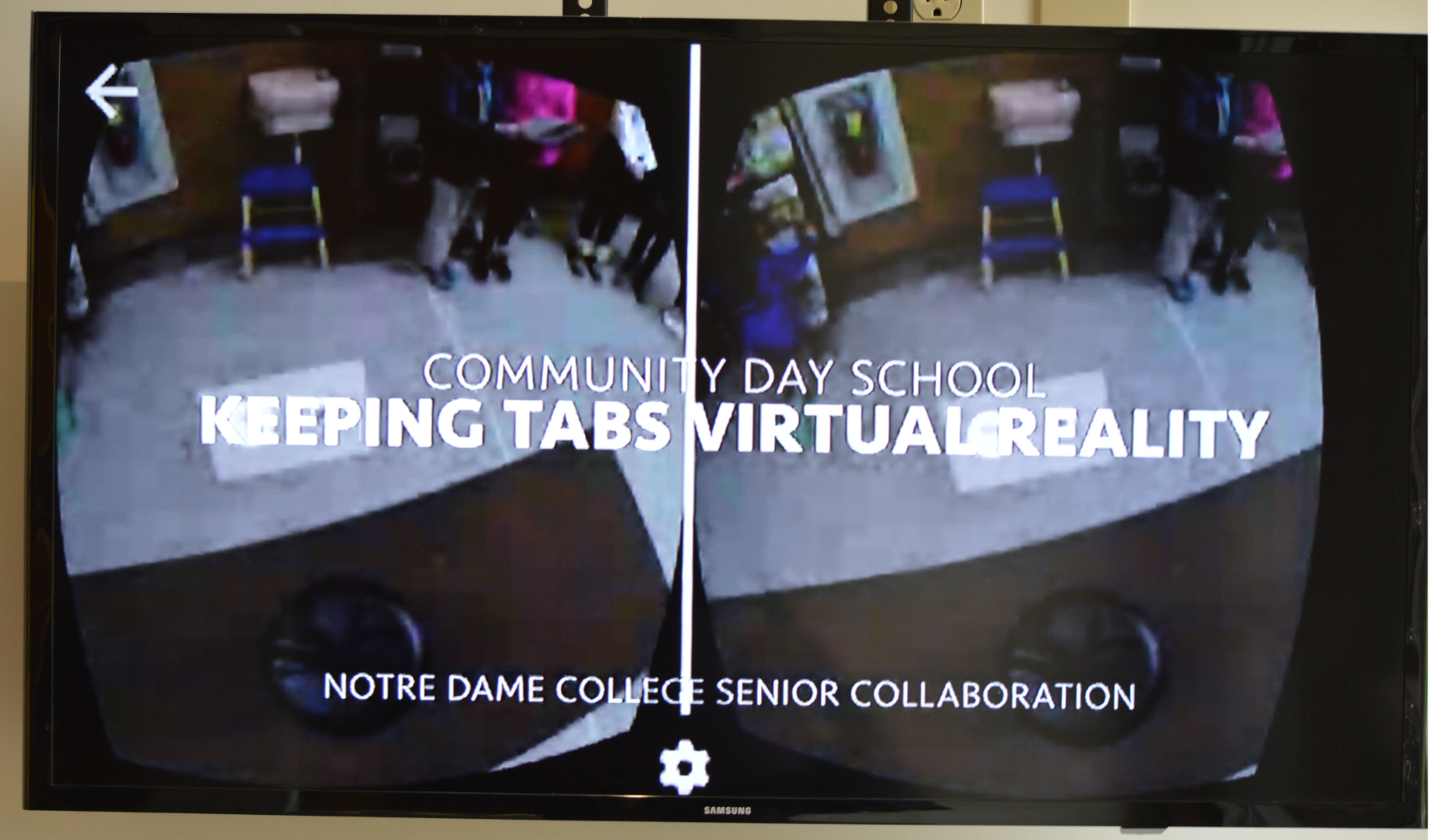
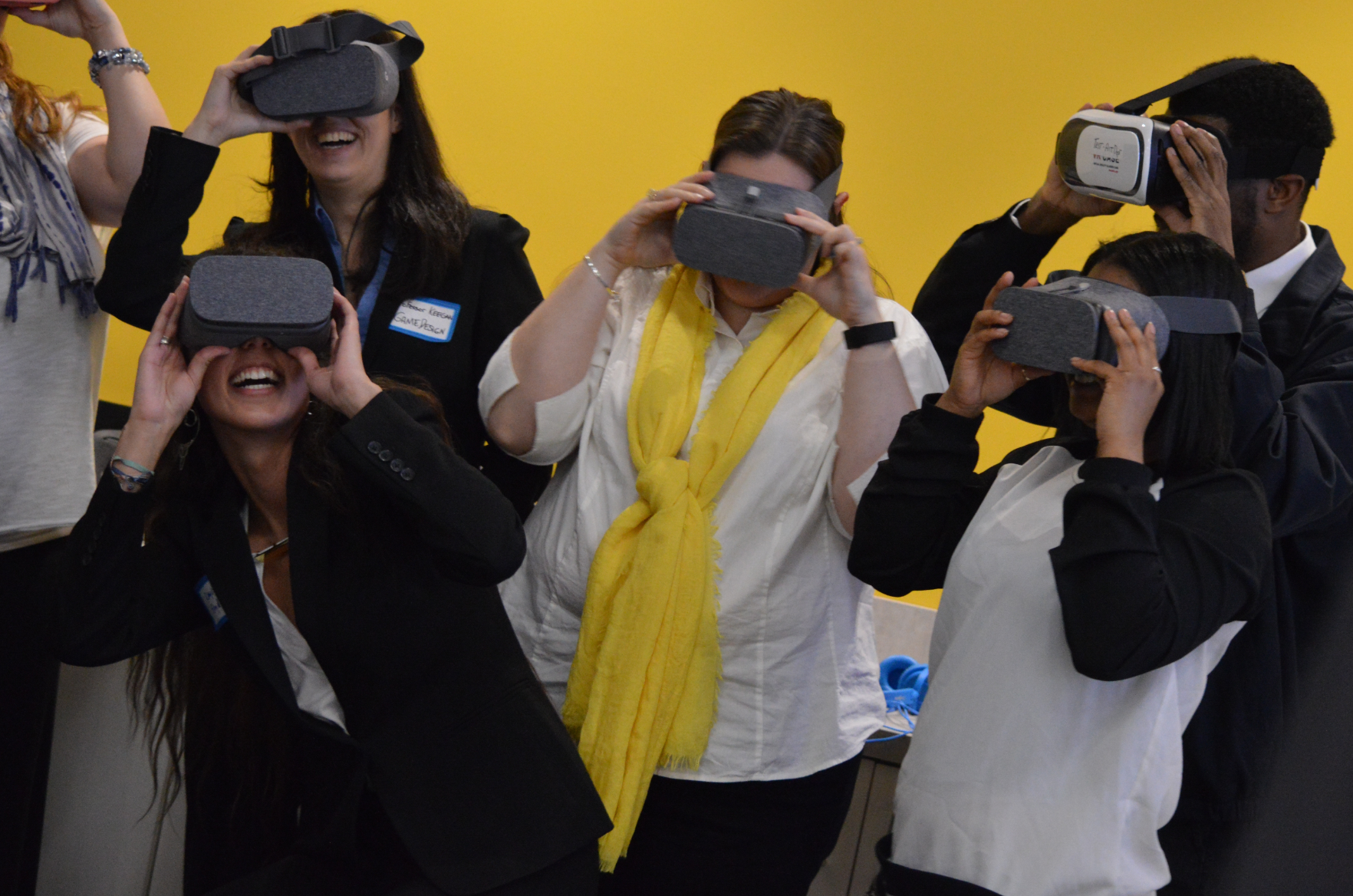
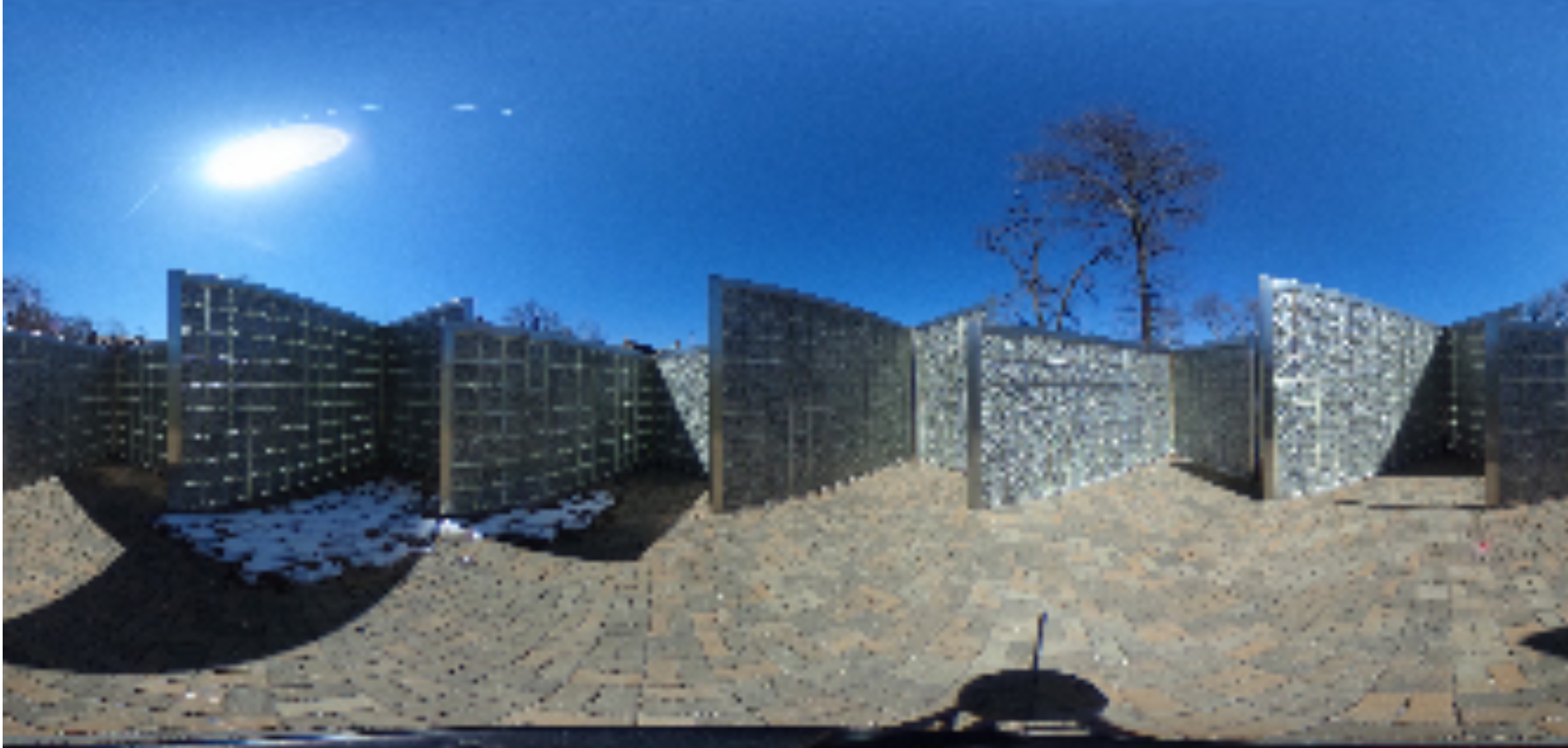
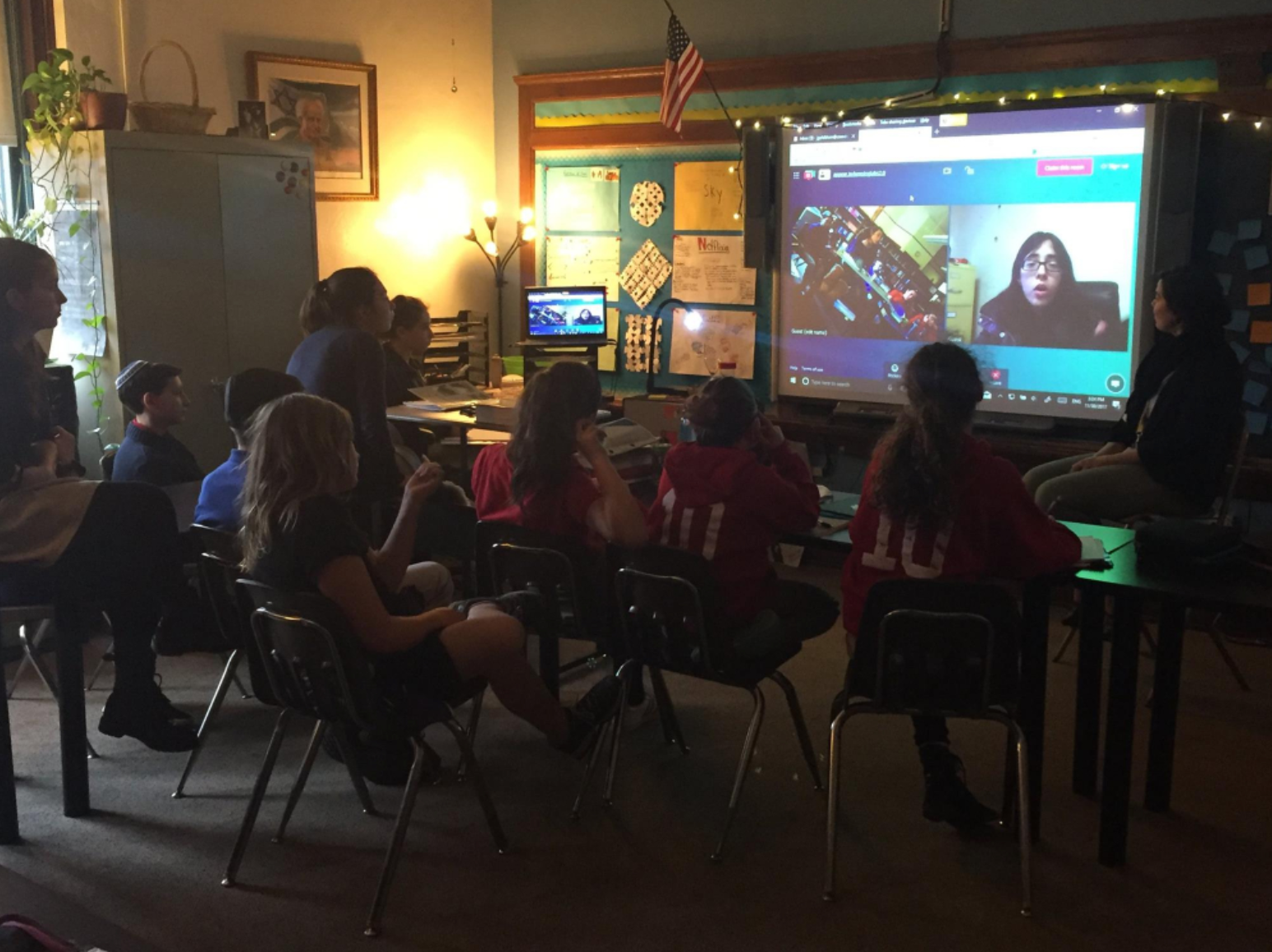
Turing Test Tournament
Online Chat-Based Game / Interactive Digital Experience Web-based Platform
My Key Roles: Lead Game Designer, Graduate Student Researcher
The Turing Test Tournament was an innovative online game developed for UC Berkeley's On the Same Page Program in partnership with the Berkeley Center for New Media. Inspired by George Dyson's "Turing's Cathedral: The Origins of the Digital Universe," this project transformed Alan Turing's famous test for machine intelligence into an engaging digital experience for the university community.
Launched in August 2013 for Berkeley's incoming class, the game challenged thousands of students, faculty, and staff to distinguish between human and machine participants through chat-based interactions. Players engaged in conversations trying to determine whether they were communicating with a real person or an AI, testing both their ability to perform convincingly human behavior and their skills at detecting artificial responses.
As Lead Game Designer, I worked alongside director Greg Niemeyer and a multidisciplinary team of BCNM graduate and undergraduate students spanning art, humanities, and technology. The project included organizing chatscript hackathons and featured a $1,000 prize for the winner, who chose a UC Berkeley organization to receive the award. The first winner, student Brianna Grado-White, selected The Society of Women in Science.
The tournament successfully fostered interaction and performance within the Berkeley community while providing an accessible entry point into the complex history of digital computing and artificial intelligence. This project demonstrated how classic computer science concepts could be transformed into engaging educational experiences that reach beyond traditional academic boundaries.
The Turing Test Tournament was an innovative online game developed for UC Berkeley's On the Same Page Program in partnership with the Berkeley Center for New Media. Inspired by George Dyson's "Turing's Cathedral: The Origins of the Digital Universe," this project transformed Alan Turing's famous test for machine intelligence into an engaging digital experience for the university community.
Launched in August 2013 for Berkeley's incoming class, the game challenged thousands of students, faculty, and staff to distinguish between human and machine participants through chat-based interactions. Players engaged in conversations trying to determine whether they were communicating with a real person or an AI, testing both their ability to perform convincingly human behavior and their skills at detecting artificial responses.
As Lead Game Designer, I worked alongside director Greg Niemeyer and a multidisciplinary team of BCNM graduate and undergraduate students spanning art, humanities, and technology. The project included organizing chatscript hackathons and featured a $1,000 prize for the winner, who chose a UC Berkeley organization to receive the award. The first winner, student Brianna Grado-White, selected The Society of Women in Science.
The tournament successfully fostered interaction and performance within the Berkeley community while providing an accessible entry point into the complex history of digital computing and artificial intelligence. This project demonstrated how classic computer science concepts could be transformed into engaging educational experiences that reach beyond traditional academic boundaries.
